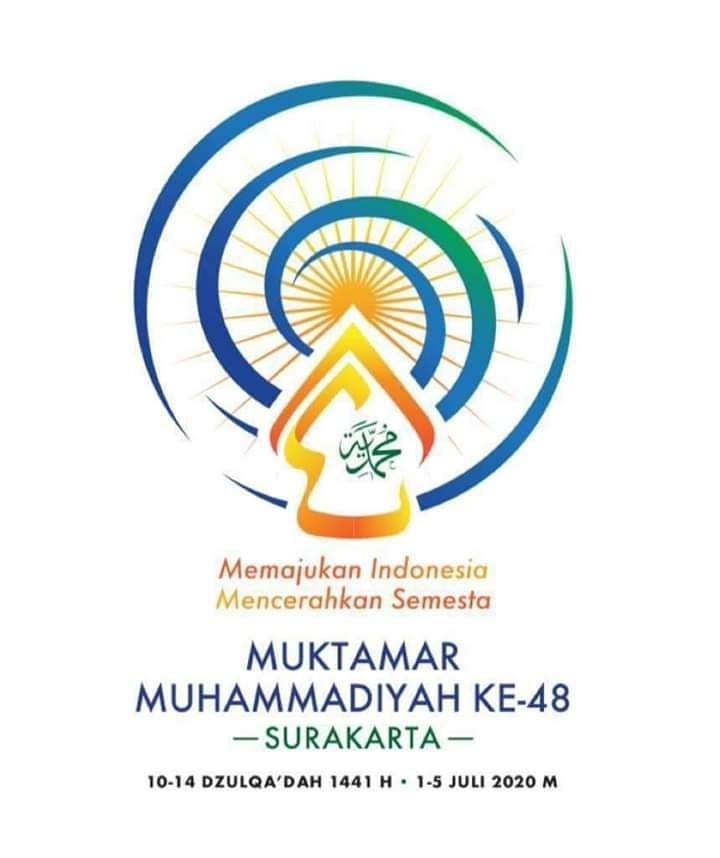JAKARTA-Vice chairman of Russian Islamic Scholar (Mufti) Council, Rushan Hazrat Abbasyov, expressed his willingness to learn and recognize Moslems in Indonesia who are moderate and multicultural as well as their ability in keeping tolerance in their life. This was uttered among his visit to the head office of Muhammdiyah Mission in Jakarta, Friday, directly welcome by the Muhammadiyah central executive, Din Syamsuddin.
Abbasyoy was accompanied by vice chairman of European Islamic Board, Damir Hazrat Mukhetdinov, Deputy of Russian Islamic scholar for Tatarstan Republick, Arslan Hazrat Sadriev, vice chairman of Board of Religious Affair Chechen Republic, Magomed Emin Usmanov, as well as head of Printing house "Medina", Ildar Nurimanov.
The visit was initiated by the Indonesian embassy in Moskow and Ministry of Religious Affair. Abbasyov and some other Russian scholars’ brotherhood visit were to recognize Islamic moderate life in Indonesia. They were scheduled to stay from April 1-7 and to meet scholars and government officials, including visit to Yogyakarta, Malang, and Modern Islamic School Gontor.
Abbasyov explains the development of Islam inRussia is currently so rapid, although, Islam came in to the Soviet Union more than thousand years ago. "There are about 23 million moslems in Russia, from approximately 140 million people, with averaged expansion rate centralized in some Islamic republics such as Dagestan, Chechnya, Tatarstan, and some others," said Abbasyov.
"There are about 6.000 mosques over Rusia and more than 100 Islamic schools in many levels of education, Islamic university in the state as well,” he mentions. He also explains number of projects conducted by the Russian Scholar Council in economy and industry, exhibition, plan of International Koran Reciting Competition (Musabaqah Tilawatil Quran) in Moskow.
Abbasyov and Din shared some moslem life in each country, talked Arabic and intimacy. The Islamic Scholar (Mufti) is cleric (ulama) with authority to interpret text and state fatwa to people. Function of this Mufti is sometimes undertaken by some organization like Indonesian Ulema Cuncil (MUI) as well as Religious Court. MUI’s fatwa is recommendation for people but decision from religious court is strength of law. (dzar)
(Trans by hm-uhamka)


